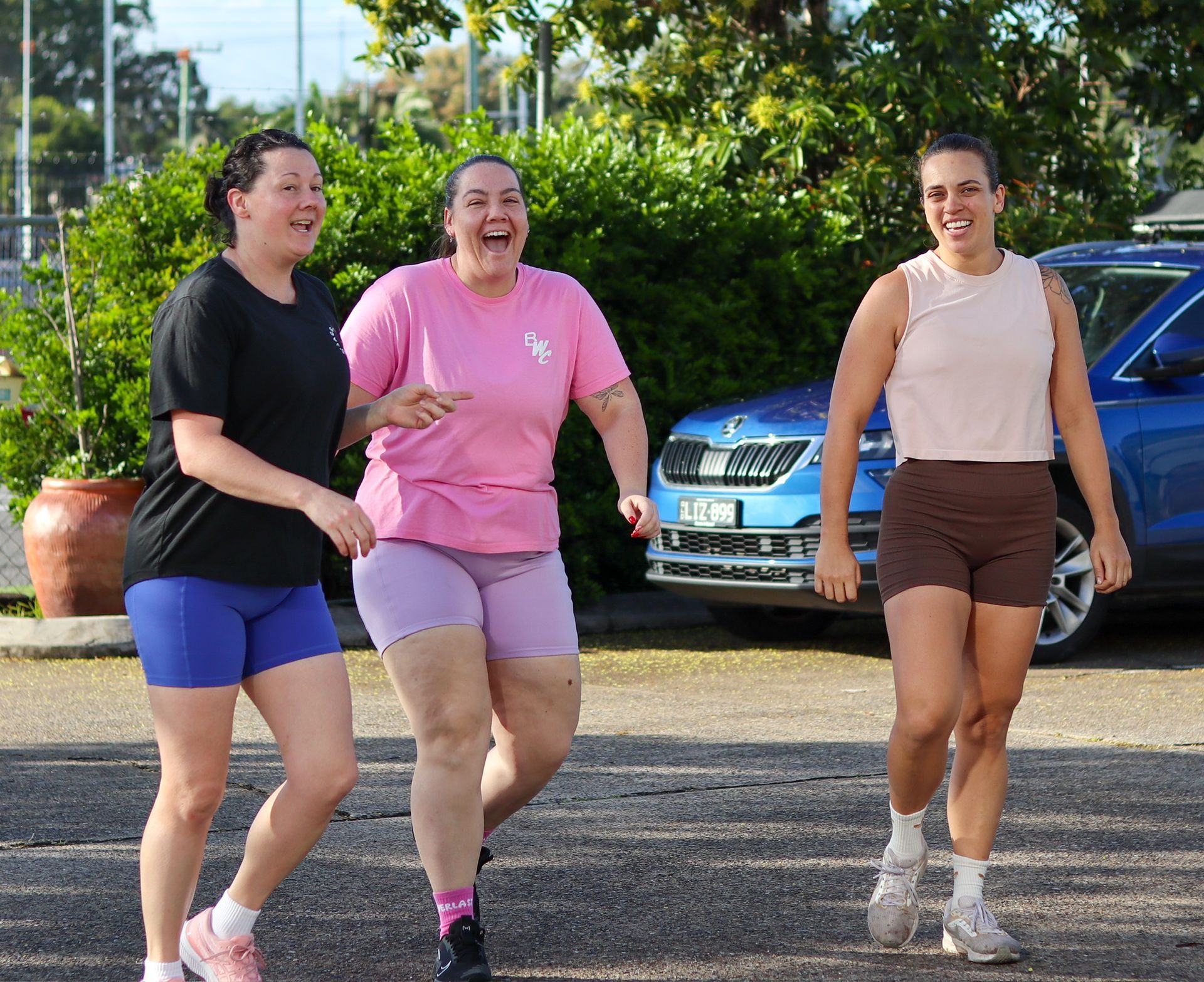The Importance of Self-Care and Social Activities: A Biopsychosocial Perspective
In our pursuit of
overall well-being, both
self-care and
social activities play
crucial, interconnected roles.
The biopsychosocial model—which integrates biological, psychological, and social factors—provides a comprehensive framework to understand how these elements enhance our quality of life.
Let’s explore how self-care and social engagement contribute holistically to better health.
Biological Aspect: Nourishing the Body
Self-care activities are fundamental to maintaining physical health, including:
- Regular exercise (boosts mood-enhancing endorphins)
- Balanced nutrition (supports vital bodily functions)
- Adequate sleep (essential for physical recovery and mental rejuvenation)
- Routine medical check-ups (early detection and prevention)
Social activities also have significant biological benefits:
- Reducing stress hormones like cortisol
- Boosting immune function
- Lowering blood pressure
For example, participating in group fitness classes or team sports promotes both physical health and social bonding.
Psychological Aspect: Mental and Emotional Well-being
Self-care for psychological health includes:
- Mindfulness practices (e.g., meditation, journaling)
- Engaging in hobbies that spark joy and creativity
- Setting personal boundaries to protect mental space
These activities:
- Reduce stress
- Enhance mood
- Promote self-worth and emotional resilience
Social activities further bolster psychological health by:
- Providing emotional support
- Reducing feelings of loneliness and isolation
- Reinforcing a sense of belonging through shared experiences
Whether it’s a casual conversation with friends or participating in a community group, positive social interaction strengthens our mental well-being.
Social Aspect: Building Connections and Community
Self-care in the social domain means:
- Respecting personal needs in relationships
- Saying no to draining social commitments
- Prioritizing fulfilling interactions over obligatory ones
Healthy relationships are vital for social balance and life satisfaction.
Social activities such as:
- Spending time with family and friends
- Attending community events
- Joining clubs or interest groups
- Expand social networks
- Foster a sense of community and belonging
- Provide emotional support, shared joy, and opportunities for growth
These positive social connections are essential components of long-term social and emotional health.
Final Thought
By nurturing yourself through intentional self-care and meaningful social activities, you address every facet of your well-being: biological, psychological, and social.
When viewed through the biopsychosocial model, it becomes clear: True health is holistic.
Prioritize
movement,
mental clarity, and
meaningful relationships, and you’ll experience a richer, more vibrant quality of life.
Previous Blogs




